Film Studies
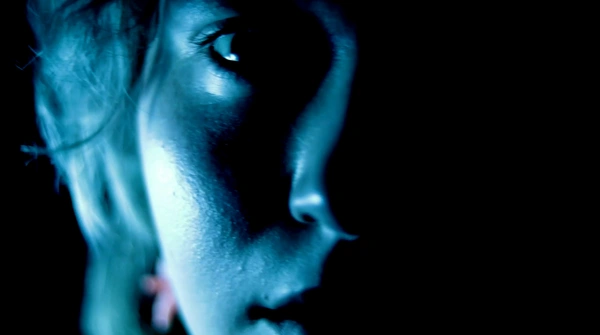
RIC goes to the movies
At RIC, we've been trailblazers in offering A level and GCSE Film Studies since the late 1990s. Think of it in part as English Literature with a cinematic twist, where we delve deep into the visual, auditory, and narrative elements that make cinema an unparalleled art form, mixed with exciting opportunities for your own practical production work.
In our Film Studies program, we embrace a diverse range of voices and perspectives. From the provocative narratives of Quentin Tarantino, who challenges conventional storytelling with his bold and unapologetic style. Our students also engage with feminist filmmakers who push the boundaries of representation and storytelling.
But it's not just about watching movies; it's about understanding them on a deeper level. Our curriculum is enriched with theoretical approaches that provide frameworks for analyzing and interpreting films. From feminist film theory to psychoanalytic perspectives, students explore the complexities of cinematic expression and the social contexts in which films are produced and consumed. You'll look at film history and examples from Hitchcock to Denis Villeneuve, from Eisenstein to Sophia Coppola.
Through critical analysis, hands-on projects, and engaging discussions, students develop analytical skills. By examining the works of directors like Edgar Wright, Wes Anderson and Martin Scorsese through various theoretical lenses, our students gain a profound understanding of the power and significance of cinema in shaping our perceptions of the world.
Cinema substitutes the real world with one that accords with our desires.
RIC Film Studies showreel
Award winning creatives
Digital artists at RIC have also been successful in winning prizes. Peyi’s film ‘Disconnected’ was described by ISA judges as “a raw, disturbing animation about the mental health challenges of lockdown contained powerful imagery, twinned with an all-too-relatable cautionary tale about mobile phone obsession. It generated real empathy for the tortured main character, the soundtrack was brutally effective, and it packed a real punch overall.” The film can be viewed here.
Congratulations to Andrei from Romania for winning first prize in this year's ISA Short Film competition for Double Agent.
See the RIC Film and Media youtube channel for more student work.
Read more about RIC alumni Edward Smyth who studied at RIC from year 7 to sixth form and is now an award winning film maker- https://www.edwardsmyth.co.uk/about.
A level set texts
| Units | The texts we currently teach |
| Hollywood 1930-1990 (a comparative study) | Bonnie and Clyde with Some Like it Hot |
| American film since 2005 (a two-film study) | La La Land and Captain Fantastic |
| British film since 1995 (a two-film study) | Trainspotting and This is England |
| Global film (a two-film study) | City of God and The Diving Bell and The Butterfly |
| Documentary film | The Stories We Tell |
| Silent cinema | Sunrise |
| Experimental film (1960-2000) | Pulp Fiction (with Fallen Angels as a second option) |
As well as theory such as narrative, auteur and spectatorship, there is also a creative component in which students produce their own 4 to 5 minute short film, whether it be a full moving image production or a screenplay with a storyboard.
Many of our students join the college for A Level Film Studies with no prior film making experience; we teach basic film making techniques to anyone who needs the introduction and therefore all students can choose which creative path they want to take. We use DSLRS for film making and teach the Adobe suite for editing, again making the assumption of no previous experience, but also extending the knowledge of these students who are keen film makers.
Bagged by Luca- a short teen comedy
RIC encouraged me to start thinking about potential stories, and how visual and audio techniques can come together to illustrate those stories. It also gave me my first opportunities to actually use film equipment and technology, including software that I still use today.
Exam Specifications
Assessment
30% coursework, 70% exam based
There are two written exams in the A Level, both are two and a half hours in length.
The films named here are done so for illustrative purposes only as the choice of texts may change. Areas of study across all films can be divided into three topics –
1. The key elements of film form: cinematography, mise- en-scène, editing, sound and performance.
2. Meaning and response: how film functions as both a medium of representation and as an aesthetic medium.
3. The contexts of film: social, cultural, political, historical and institutional, including production. Other topics such as spectatorship, auteur theory, critical debates and ideology are also covered.
Component 1- Varieties of film and filmmaking
In each section two films are to be studied:
Section A: Hollywood, 1930-1990 (“Vertigo” and “Blade Runner”)
Section B: America since 2005 (“Selma” and “Beasts of the Southern Wild”)
Section C: British film since 1995 (“Fish Tank” and “This is England”
Component 2- Global filmmaking perspectives
Section A requires the study of two films, all other sections focus on just one text.
Section A: Global film (“Pan’s Labyrinth” and “City of God”)
Section B: Documentary film (“20,000 Days on Earth”)
Section C: Silent cinema (“Sunrise”)
Section D: Experimental film, 1960-2000 (“Vivre sa vie”)
Component 3- Coursework
Students can choose between a short film sequence (around 5 minutes) or a 1600-1800 word screenplay. A storyboard also needs to be produced along with an evaluative analysis essay by the student on their work.
Assessment
Two exams worth 35% each; coursework worth 30%
Paper 1: 11⁄2 hrs
Paper 2: 11⁄2 hrs
Aims of the course
The specification aims to develop knowledge and understanding of:
-how films are constructed – through cinematography (camerawork and lighting), mise-en-scène (how sets, locations, props and costume are used in film), editing and sound
-how films are organised into structures – genre (the different kinds of film) and narrative (how films tell their stories)
-how films can be used – artistically (the aesthetic qualities of film) and as a way of communicating ideas and issues (representation)
-how learners make sense of film through exploring a film's relevant contexts (social, cultural, historical, political and institutional), through an awareness of key aspects of the history of film and through specialist writing on film.
-applying students’ knowledge and understanding of film to filmmaking or screenwriting.
Component 1: Key Developments in US Film
This component assesses knowledge and understanding of three US films. Assessment consists of four questions on one pair of US mainstream films and one US independent film.
Films to be studied for this paper include: Rebel Without A Cause, Ferris Bueller’s Day Off and Me & Earl & The Dying Girl.
Component 2: Global Film: Narrative, Representation and Film Style
This component assesses knowledge and understanding of three global films produced outside the US. Assessment consists of three questions – one on each film.
Films to be studied for this paper include: Attack The Block, District 9 and Let The Right One In.
Component 3: Production
This component assesses the ability to apply knowledge and understanding of film to a production. Students produce: one genre-based film extract (either a film or screenplay) and an evaluative analysis.
A level Curiosity
Read
nofilmschool.com – a community of filmmakers who share practical advice. Start with: Learn 15 Key Elements of Mise en Scene from This Handy Infographic
Into Film https://www.intofilm.org/ - a series of articles and advice about work opportunities in the film industry
David Bordwell and Kristin Thompson (2010) Film Art, An Introduction, McGraw Hill – a great introduction to the formal aspects of the film
Watch
Mark Cousins' Story of Film: An Odyssey – available on DVD and to rent on BFI Player. 15 one-hour chapters from the beginning of film to postmodern films like Inception. Start with: Episode 1: Birth of the Cinema
A Personal Journey With Martin Scorsese Through American Movies - available on DVD and BFI player. A reflection on the history of US cinema, exploring genre and the work of individual Hollywood directors.
Mark Kermode’s Film Podcast https://play.acast.com/s/kermodeonfilm - a weekly podcast focusing on different elements of film, including interviews with key filmmakers. Start with: Top Tarantino
Movies
Unspooled https://www.unspooledpodcast.com/ - Paul Scheer and Amy Nicholson discuss the American Film Institute’s top 100 films of all time, analysing classic scenes and talking to artists and industry experts to explore the making of the films.
Online
The Take on YouTube https://www.youtube.com/channel/UCVjsbqKtxkLt7bal4NWRjJQ Video essays on a diverse range of films and TV shows Start with: Any of the Classic Cinema Takes
RIC Cinephiles
Four young filmmakers in Year 7 came up with the idea of the ‘Fair Share Note’, where people can make a donation to those in need of financial help and won a recognition trophy in the Bank of England Film Competition. GCSE students went on location to the BFI Southbank for a study day about the teen film genre, watching clips from Rebel Without A Cause, Juno and The Breakfast Club. Meanwhile, A level shorts from Film Studies and music videos from Media Studies had their big screen debut at Nucleus Arts in Chatham.
Irreversible by Anna- a short film about loss and grief with a twist
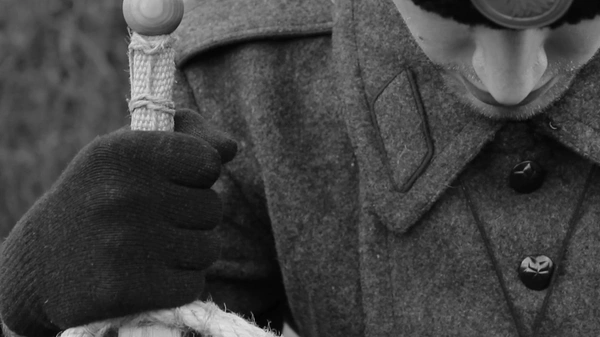
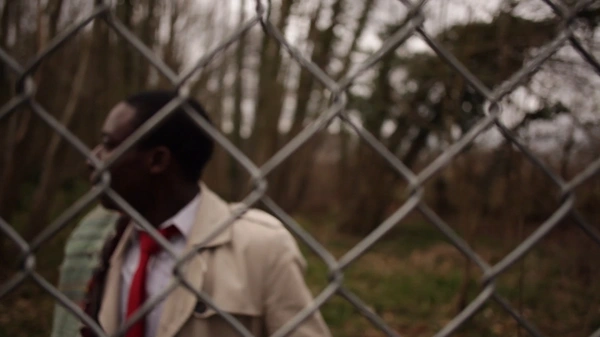
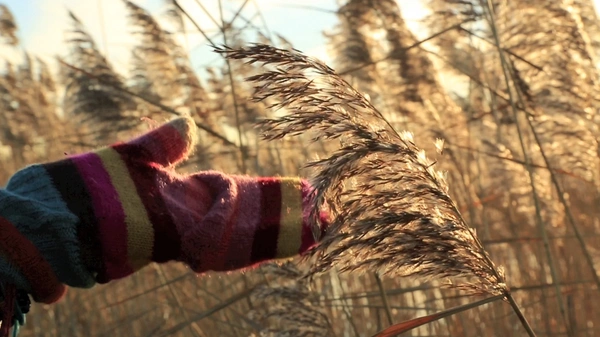
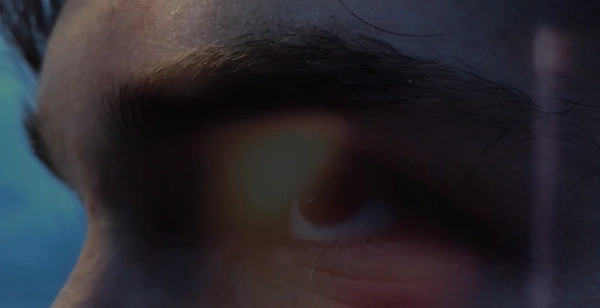
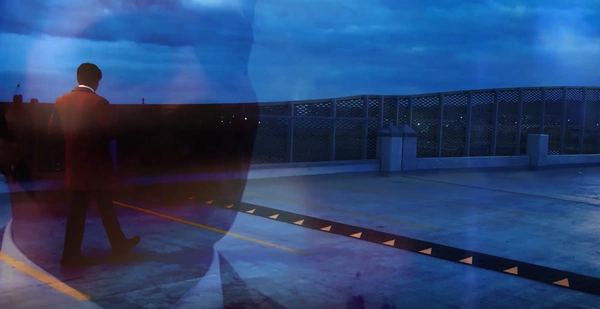
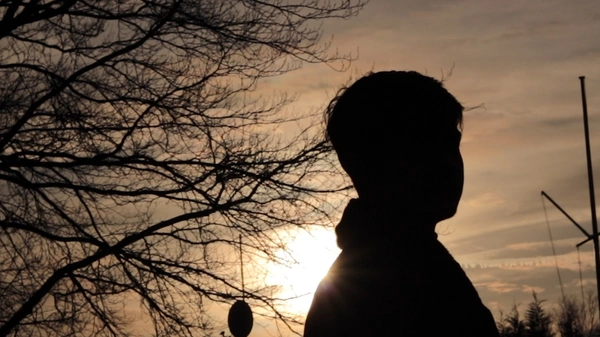
1 / 6